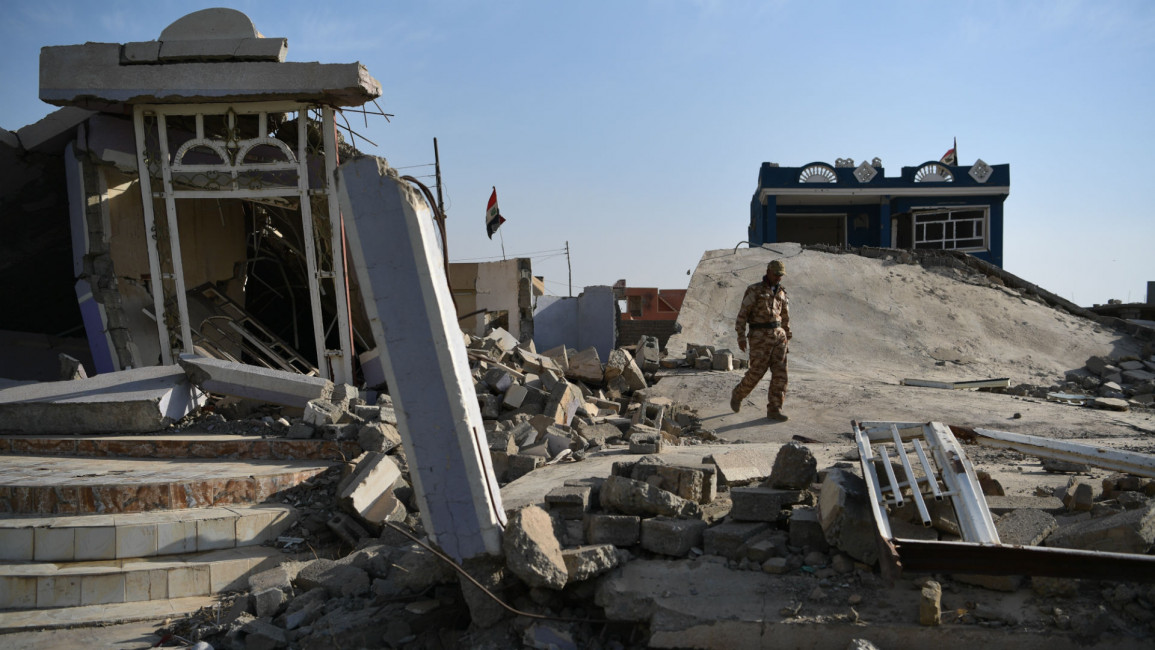Iraq needs 'Afghanistan-style' demining operation after Islamic State: UN
Removing mines, explosives and booby traps left by Islamic State forces in Iraq's Mosul could cost $50 million, United Nations officials said on Tuesday.
Costs for Iraq as a whole were previously estimated at $50 million this year, but this could double because of Mosul, the UN Mine Action Service (UNMAS) said.
"Looking at the contamination in Mosul we will need $50 million and $50 million for the rest of the country," Paul Heslop, chief of UNMAS programme planning and management section, told Reuters.
"Clearing IEDs and building clearances is a lot more dangerous than minefields. You need a higher level of technical skill and complex equipment and it's slower. As areas are liberated, you get a better idea of the level of contamination," he said.
More than three months into a offensive by Iraqi government troops and US-led allied forces, IS militants have been driven from the eastern half of the city of more than a million people.
"I could see Iraq needing an Afghanistan-style (demining) operation, which at its peak was 15,000 people about five years ago. You could put 5,000 on the ground in Iraq and they would be gainfully employed," said Heslop, a veteran of conflicts from Afghanistan to Angola.
Since 2015, UNMAS has cleared 390 priority locations in Fallujah and Ramadi in Anbar province, removing more than 2,600 explosive hazards from areas reclaimed from the Sunni militant group.
Demining is an investment in stabilisation, enabling people to return to their communities and to cultivate decontaminated land, as well as "an investment in youth at risk", UNMAS director Agnes Marcaillou told a news briefing.
"When we give them a job they are less likely to seek status and income, in a terrorist organisation for instance," she added.
In Syria, more than 6.3 million people including 2 million children are estimated to live in highly contaminated areas after nearly six years of war.
UNMAS is negotiating with the Syrian government and is "pretty optimistic that we will establish an UNMAS office in Damascus sometime in 2017", Marcaillou said.



